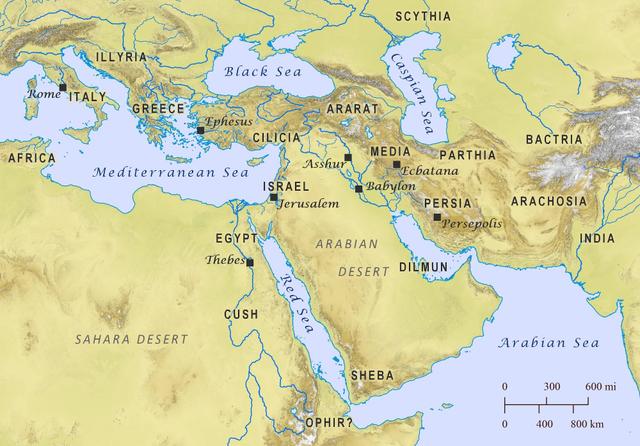Jesus came to earth to fulfill God’s will, which was to make a once-and-for-all sacrifice for sin. It was necessary that He come into the world because the Levitical sacrifices were insufficient.
The Pauline Author quotes Psalm 40:6–8, framing it in a such a way to make Jesus the speaker of the psalm. In the psalm, Jesus is talking to God, saying that God does not truly care about animal sacrifices, that He takes no pleasure in them, emphasizing once again that these sacrifices were just symbols of what was to come:
Therefore, when He comes into the world, He says, “Sacrifice and offering You have not desired, but a body You have prepared for Me; in whole burnt offerings and sacrifices for sin You have taken no pleasure. “Then I said, ‘Behold, I have come (in the scroll of the book it is written of Me) to do Your will, O God.’” (vv 5–7)
Jesus, instead, has a human body prepared for Him by God and has come to the earth (as prophesied) to do God’s will. It’s true that God required animal sacrifices from the Israelites. The requirement wasn’t for His delight or appeasement, it served a different purpose, to remind the Israelites of their sin and God’s holiness.
It is fascinating to reflect upon the words Jesus spoke as He entered the world. At Christmas, when we celebrate the Nativity, we tend to focus on what was said in the world around Jesus. But these are the words and thoughts of Jesus Himself as He stepped forward in time to take on the form of a human and be born as a babe in a manger.
Biblical Text
5 Therefore, when He comes into the world, He says,
“Sacrifice and offering You have not desired,
But a body You have prepared for Me;
6 In whole burnt offerings and sacrifices for sin You have taken no pleasure.
7 “Then I said, ‘Behold, I have come
(In the scroll of the book it is written of Me)
To do Your will, O God.’”
Check out our other commentaries:
-
Luke 16:16-17 meaning
Jesus affirms the endurability of God’s Law. He says that even though the Age of the Law and Prophets have passed, and the Age of...... -
Habakkuk 1:2-4 meaning
Habakkuk complains to God as he witnesses wickedness and injustice that remain unpunished in his society....... -
Deuteronomy 28:7-14 meaning
Moses continues with the series of blessings. He now tells Israel that the Suzerain God will defeat their enemies, establish Israel as a holy people...... -
Ecclesiastes 5:4-7 meaning
It is foolish to make careless oaths to God. Keep your word. ...... -
Revelation 1:17b-20 meaning
Jesus comforts John, instructing him to record in writing the things that he has and will be shown. Jesus also explains the meaning of the......



